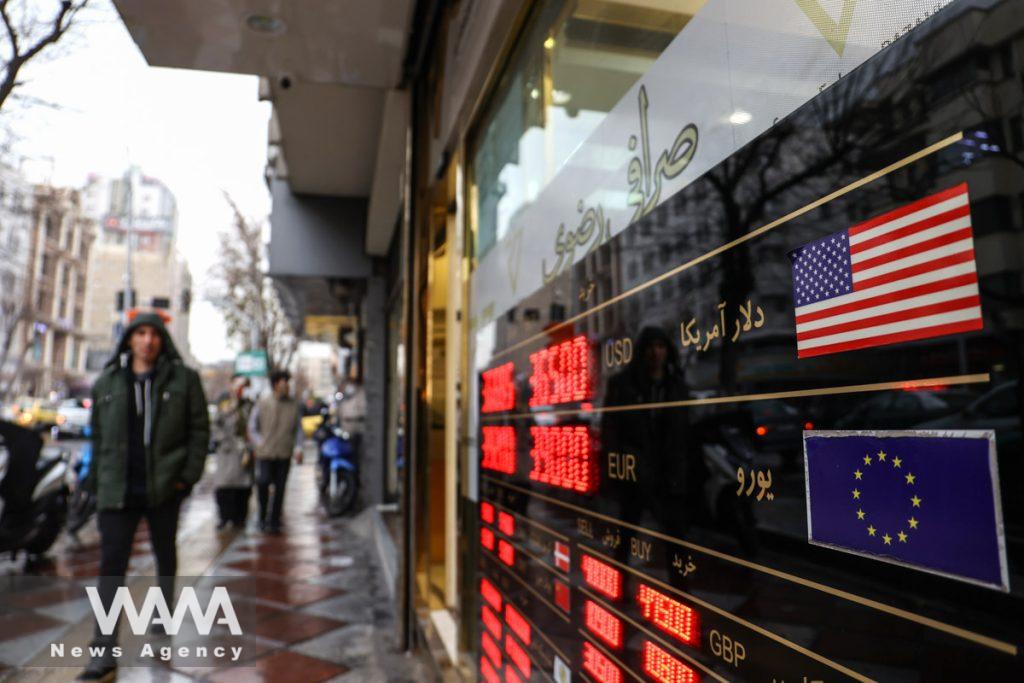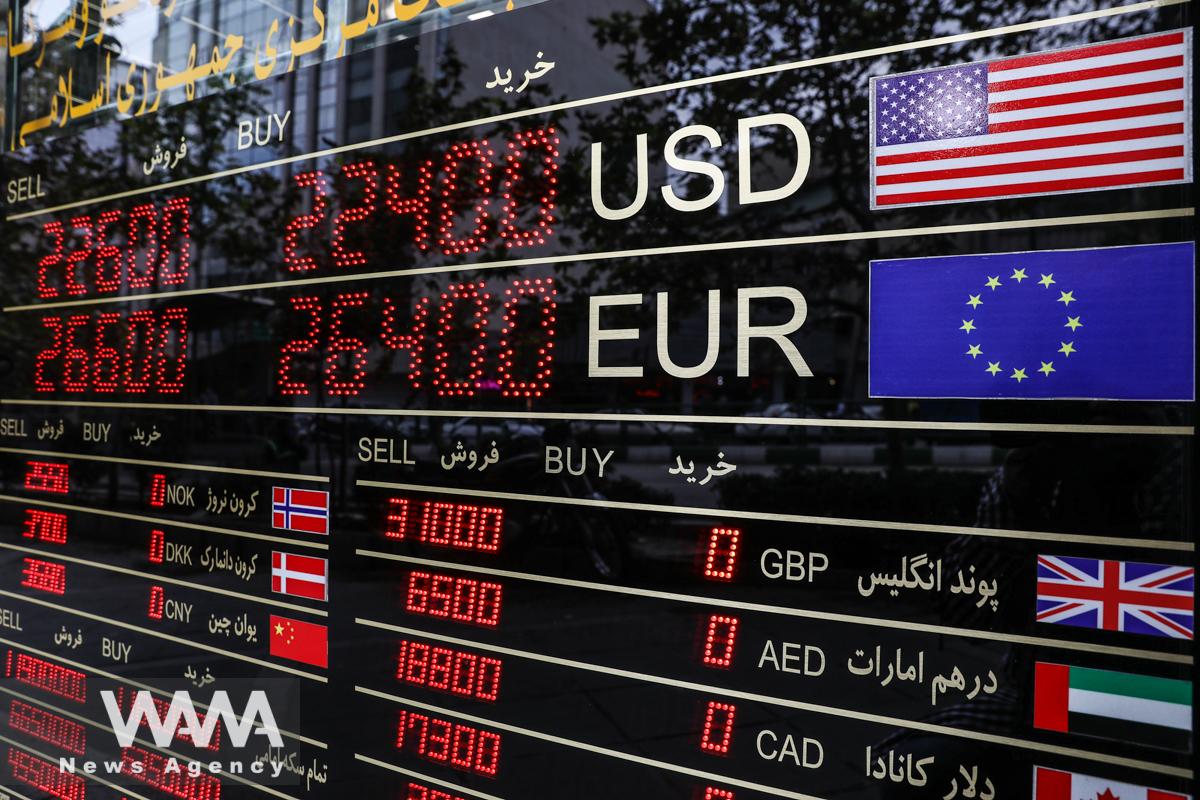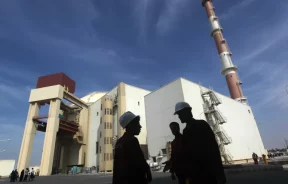Pezeshkian’s Economic Reforms or Only Temporary Relief?
WANA (July 16)—The day after Masoud Pezeshkian was elected in a tough competition against his conservative rivals, the Iranian currency market reacted positively to the people’s choice. The prices of foreign currencies dropped, and the downward trend continued.
This shift has prompted debate on whether this is a temporary post-election effect or the beginning of a more sustained economic improvement.
The severe and devastating sanctions imposed by the United States over the past decades have significantly troubled Iran’s economy. However, Iranians have strived, in contrast to many of their neighbouring countries that often consume the products of other nations, to create opportunities from the hardships of these sanctions. They have managed to become a producing, manufacturing, and pioneering country in some technological fields. Nevertheless, no one can deny the damage that the economic sanctions from the United States and the West have inflicted on Iran’s economy.
The change of multiple presidents in Iran, from both factions, has practically yielded no benefit for Iranian officials. These political shifts and changes in power within Iran have failed to convince the Americans to cease imposing further sanctions against Iranians in each term.

A currency dealer counts U.S. dollars in an exchange shop in Tehran, Iran, December 25, 2022. Majid Asgaripour/WANA (West Asia News Agency)
Dr. Masoud Pezeshkian’s Reformist Vision
Dr Masoud Pezeshkian, known for his reformist stance, campaigned on promises of economic reform, increased transparency, and improved governance. His platform focused on reducing inflation, boosting domestic production, and combating corruption. As a reformist, Pezeshkian is about making slow but essential changes to upgrade Iran’s economy and connect it to the global market. But are these different promises that all presidential candidates make and later fail to adhere to?
The Decrease in Dollar Prices: Real Change or Temporary Effect?
Since Pezeshkian was elected, the dollar’s price has decreased, creating optimism about potential economic recovery. However, this development raises an important question: Is this decrease indicative of real, lasting change, or is it merely a temporary effect of post-election optimism?
Ali Bagheri, the Acting Minister of Foreign Affairs, announced on Thursday, July 11th, that negotiations to lift the sanctions with the United States are ongoing through indirect talks via Oman. Currency market traders noticed this issue on Saturday. In addition, on the first day of the week, President-elect Masoud Pezeshkian published an article in “The Tehran Times” titled “My Message to the New World” and explained his approach to relations with the countries of the region, Africa, China, Russia, Europe, and America.
While promising, the dollar price decrease may stem from a combination of immediate market reactions to Pezeshkian’s election and the potential for successful negotiations to lift sanctions. Sustained economic improvement will depend on the actual implementation of Pezeshkian’s policies, the outcome of ongoing negotiations, and the overall global economic environment.
One must not neglect that the current decrease in dollar prices may be driven primarily by post-election optimism. If Pezeshkian’s reforms do not deliver tangible results in the medium to long term, the economic gains could be reversed, leading to a resurgence in dollar prices.

A board shows currency exchange rates in Tehran, Iran, December 25, 2022. Majid Asgaripour/WANA (West Asia News Agency)
Masoud Pezeshkian’s Six Key Promises During the Election Campaign
Investigations show that Masoud Pezeshkian, who won the 14th presidential election, made at least six important economic promises, perhaps the most significant of which was the transition from a state-run economy.
The most crucial economic discourse presented by Pezeshkian includes:
– Transition from a state-run economy
– Open economy
– Fighting rent-seeking
– Competitive economy
– Improving livelihoods
– Supporting the stock market
However, many still believe that Pezeshkian is too weak to overcome these challenges. According to many economic experts, he has been the most program-less candidate in all presidential elections in Iran.
The fact that the market has so far reacted positively to Pezeshkian’s election as the new president is due to his good fortune, as the new government has neither started its work nor presented any specific plans yet.
The coming months will be critical in determining whether this initial positive trend can be maintained.
The decrease in the price of foreign currencies offers a hopeful indicator that, with the right policies and strategic direction, a brighter economic future may be within reach for Iran. However, only time will tell if this is the beginning of real, lasting change or merely a temporary post-election effect.

Messages from the Election of Dr. Pezeshkian: Domestic and Foreign Perspectives
WANA (July 13) – By taking an expert look at Iran’s main issues in both domestic and foreign arenas, the election of Dr. Masoud Pezeshkian can be seen as a “favorable choice” and a hidden blessing, whose positive effects will gradually become evident in the internal and external political spheres. This choice, in the […]












